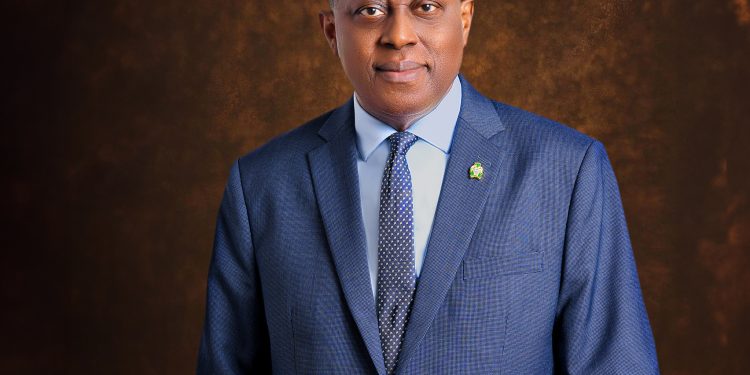The Governor of the Central Bank of Nigeria (CBN) Dr. Olayemi Cardoso has said the $7bn FX backlogs that was cleared when he assumed office is fueling Forex inflows into the Nigerian economy.
The cleared FX backlog he said increased investors’ confidence in the economy, which has supported dollar inflows and foreign reserves accretion.
Cardoso spoke on Friday at the Inaugural Lagos Business School Lecture Theme: “Next Generation Leadership in Monetary Policy & Nation Building” held in Lagos.
“Credibility is at the heart of any central bank. If you don’t have credibility, people do not trust you and they do not invest in your economy. When I took office, I made a promise we would pay the backlog, the verifiable backlog of monies that were owed by Nigeria to third parties” he stated.
“And it was, at the time, estimated at over $7 billion US dollars. And to be honest with you, I had no idea how I was going to do it, but I just felt it was not something to be negotiated” he said.
He explained that the apex bank started with a forensic audit to understand the issues better and based on the recommendations, the backlog of foreign exchange transactions was paid, which was a huge sacrifice.
He explained that as a going concern, the CBN knows that if it expected people to continue to trust and invest in our economy, you’ve got to keep your promises.
“I have no idea in my mind either that that particular action contributed in no small way, and it may not appear to many as such, but it contributed in no small way to the rise in foreign exchange reserves that we have been able to acknowledge,” he stated.
Cardoso said the increased forex liquidity has supported naira stability and made it easier for many commercial banks to approve use of their naira-debit cards abroad.
He said the use of naira-debit cards abroad is definitely a step in the right direction. It’s transformative. It is here to stay, and you can be sure that going forward, you will continue to see this kind of initiative in the country.
“This platform is a deliberate effort to bridge policy and practice, and to nurture a culture of informed, values-driven leadership. It is also the first of what we hope will become a series of engagements with institutions of higher learning across Nigeria,” he said.














